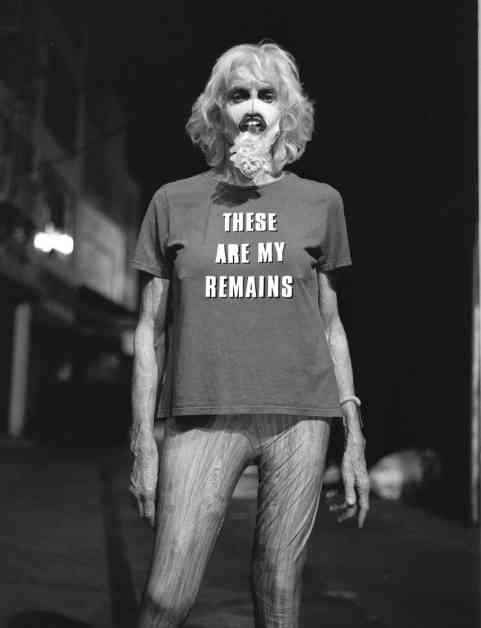Remembering Pippa Garner: A Tribute to Her Life and Legacy
Pathbreaking multi-hyphenate artist Pippa Garner, a combat artist during the Vietnam War known for her powerful, witty critiques of consumer culture, passed away in Los Angeles on December 30 at the age of eighty-two after battling leukemia. Garner’s groundbreaking work challenged traditional notions of gender and consumerism, pushing boundaries and sparking conversations in the art world. Despite facing obscurity for decades, her perseverance and unique perspective eventually led to widespread recognition and acclaim.
Early Life and Influences
Born in Evanston, Illinois, in 1942, Garner’s childhood was shaped by her mother, a “frustrated housewife,” and her father, who worked in advertising for car companies. Her fascination with automobiles began at a young age, influenced by the glossy ads her father created. A move to Detroit in the 1950s exposed her to the booming manufacturing industry, further fueling her interest in consumer goods.
Artistic Journey and Contributions
Garner’s artistic journey took her through various mediums, from sculptures like Kar-Mann (Half-Human, Half-Car) to the iconic Backwards Car of 1973. Her innovative modifications of automobiles, household appliances, and even her own body challenged societal norms and sparked critical conversations about consumer culture. Garner’s gender-hacking journey in the mid-1980s was a bold artistic statement, reflecting her desire to explore the boundaries of art and identity.
Recognition and Legacy
Despite decades of relative obscurity, Garner’s work finally received widespread recognition in the mid-2010s. Solo exhibitions in Los Angeles and New York, along with institutional shows in Munich, Zurich, and New York, solidified her status as a pioneering artist. Her participation in prestigious events like the Whitney Biennial highlighted the impact of her provocative and thought-provoking creations.
Personal Reflections and Final Wishes
Garner’s battle with leukemia, which she believed stemmed from her exposure to Agent Orange, eventually led to her passing. In her final days, she expressed a desire for a green burial in Marin County, reflecting her deep connection to nature and her irreverent spirit. Her wish to be laid to rest in a junkyard alongside the appliances she so famously critiqued serves as a poignant reminder of her unapologetic approach to art and life.
In a world often dictated by conformity and tradition, Pippa Garner’s legacy stands as a testament to the power of creativity, resilience, and authenticity. Her ability to challenge societal norms and spark meaningful dialogue through her art will continue to inspire generations of artists and thinkers to come. As we remember Pippa Garner, we honor not only her groundbreaking contributions to the art world but also her unwavering commitment to pushing boundaries and embracing the unconventional.












